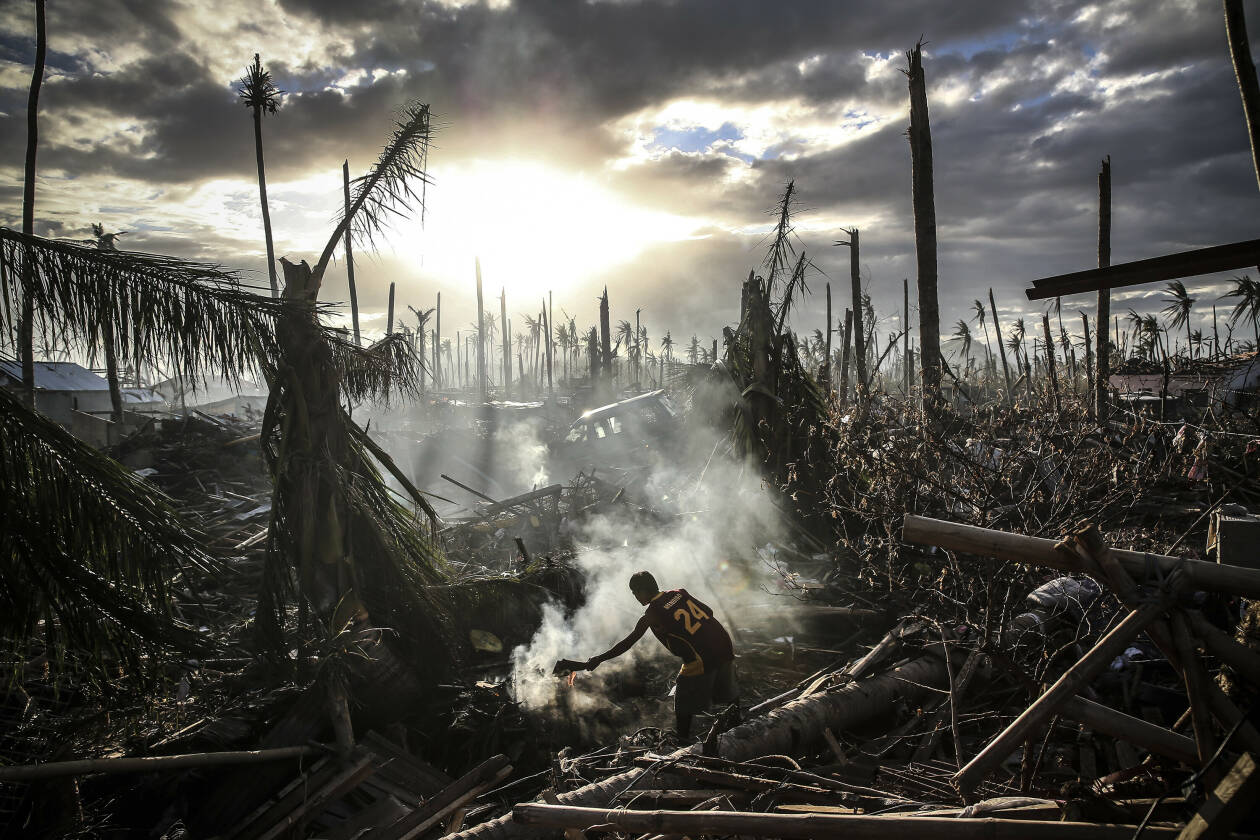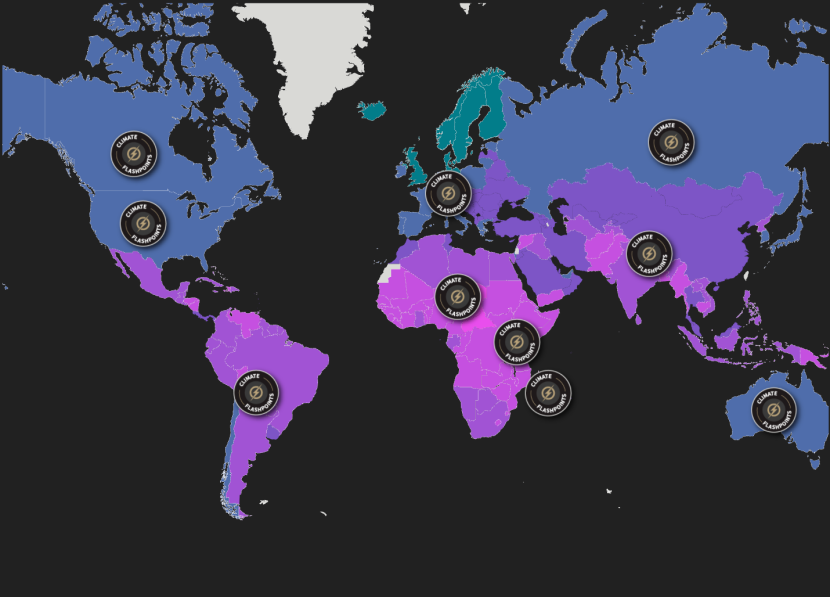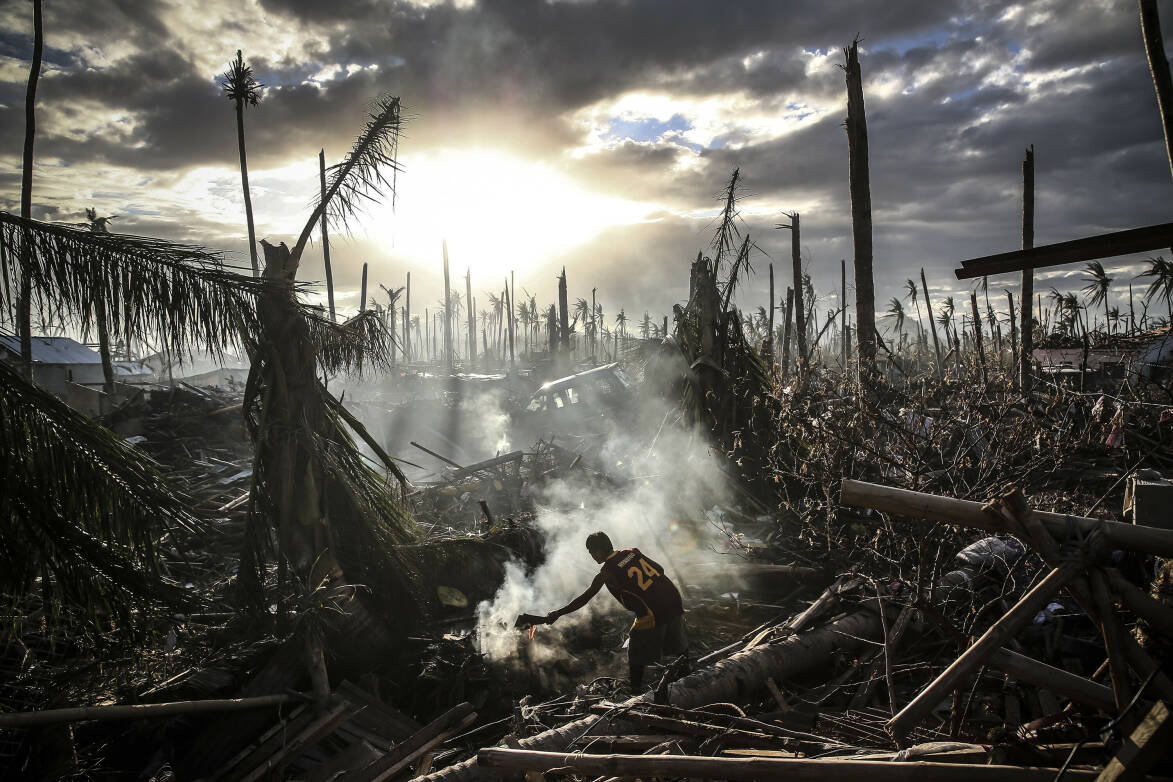The inescapable risk


As many governments fail to deliver on their pledges with the urgency the scientific consensus says is required, more often than not it will be corporations that feel the pressure to take action.



Images: Getty Images (Victor Moriyama; Dan Kitwood)
Scroll down
As many governments fail to deliver on their pledges with the urgency the scientific consensus says is required, more often than not it will be corporations that feel the pressure to take action regardless. This is not only from activism, although we fully anticipate a tide of climate activism in 2022 on the streets, in AGMs, and in the consumer market. But also from the material impact of extreme weather on global supply chains and inflation, on political stability in key markets, and indeed on their own operations, people and assets. >>
The pledges that emerged from COP26 were to keep warming between 1.8-2.4°C, which is above a threshold that scientists agree will have catastrophic impacts. There is little certainty that even these diluted commitments will materialise into the required policies, legislation and implementation that would mark 2022 as a year of tangible change across the board. Equally, there is little chance that such shortcomings will escape the attention of publics around the world or reduce popular anxieties about climate change.
No data
Best
Worst

KEY
ROLL OVER FLASHPOINTS FOR FURTHER DETAILS
Vulnerability to and preparedness for climate change
Source: ND-GAIN Index
© 2021 Dragonfly Eye Limited

The inescapable risk
The failure of COP26 to deliver an agreement to keep global warming to 1.5°C points to one of the single greatest strategic risks, one that will worsen year on year. And it speaks to the state of global politics, where national self-interest and strategic competition hinders multilateral cooperation to deliver effective solutions to global risks. The urgency of the climate crisis will almost certainly be felt in significant political risk, crisis risk, geophysical and security terms in 2022.

Focus: Climate
The inescapable risk


As many governments fail to deliver on their pledges with the urgency the scientific consensus says is required, more often than not it will be corporations that feel the pressure to take action.






Images: Getty Images (Victor Moriyama; Dan Kitwood)

For best results
We recommend that you view this in a desktop browser. If using a tablet or smartphone, some infographics may only respond to device-specific gestures.

The pledges that emerged from COP26 were to keep warming between 1.8-2.4°C, which is above a threshold that scientists agree will have catastrophic impacts. There is little certainty that even these diluted commitments will materialise into the required policies, legislation and implementation that would mark 2022 as a year of tangible change across the board. Equally, there is little chance that such shortcomings will escape the attention of publics around the world or reduce popular anxieties about climate change.
The inescapable risk
The failure of COP26 to deliver an agreement to keep global warming to 1.5°C points to one of the single greatest strategic risks, one that will worsen year on year. And it speaks to the state of global politics, where national self-interest and strategic competition hinders multilateral cooperation to deliver effective solutions to global risks. The urgency of the climate crisis will almost certainly be felt in significant political risk, crisis risk, geophysical and security terms in 2022.
